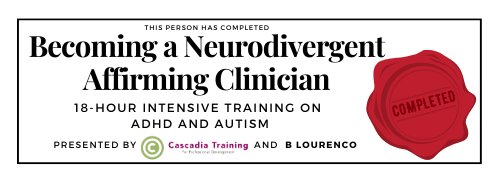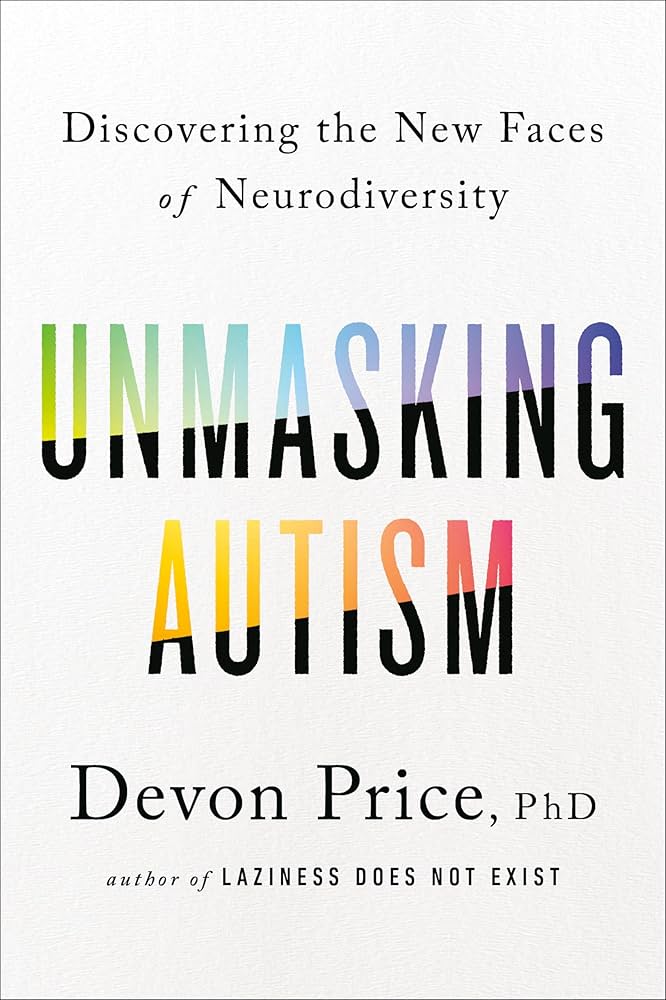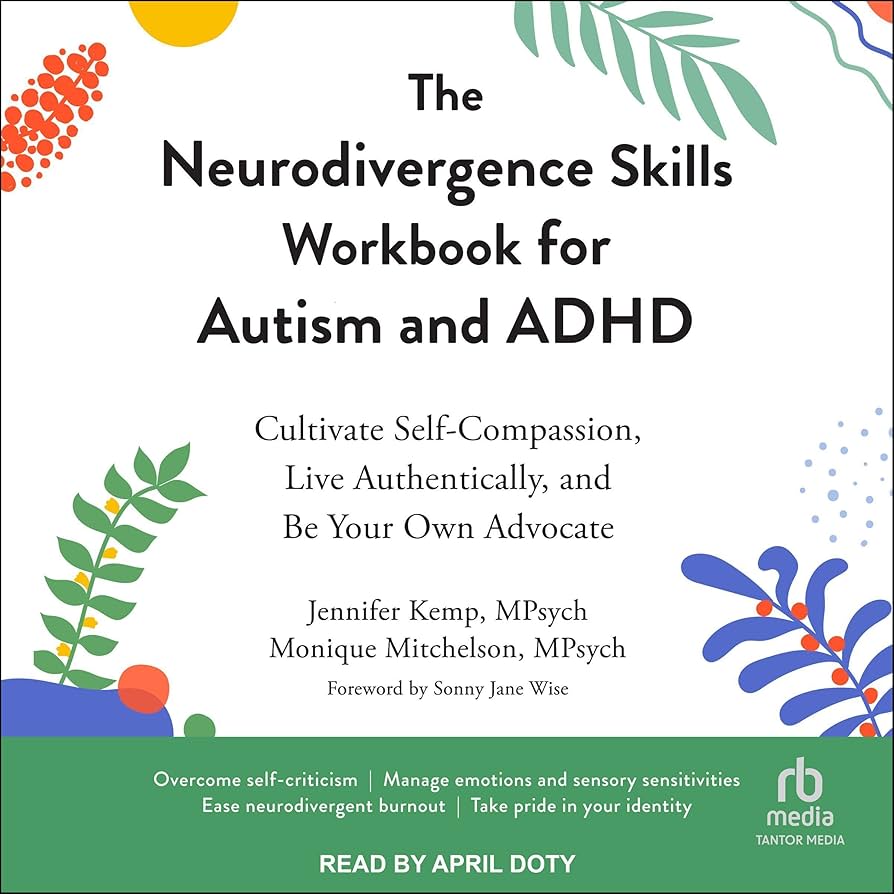Embracing Neurological Differences
My experience and interest in supporting neurodivergent individual is what began my career in mental health and it continues to fuel my passion for this work. I am committed to providing care that is evidence-based and compassionate. My approach is informed by formal assessment training, attachment theories, cognitive and behavioral strategies and updated resources within the neurodivergent professional’s community. My therapeutic mission is to be rooted in neurodivergent-affirmative care, a philosophy that recognizes and celebrates people’s inherent values and their differences while respecting the struggles and challenges that comes with it.
To start, I view autism and other forms of neurodivergence as not something that needs to be “cured”. It is a valid variation in how the brain processes information and perceives the world and its environment. I have learned that it is absolutely necessary to approach each person’s experience with curiosity, exploring their unique journey through personalized, tailored plans in therapy. I am constantly intrigued by how individuals process information, both through methodological thinking and sensory experiences. Over the years, I’ve embraced flexibility and creativity in my work. I am always up for challenging rigid and structured treatment plans, and pushing myself to think outside the box.
Masking and Social skills
I am particularly attuned to the burden of masking—the often exhausting and detrimental practice of hiding one’s true self in order to conform to societal expectations. Many neurodivergent individuals, especially those with autism or ADHD, feel pressured to mask their natural ways of being in order to fit into neurotypical norms. This can and has led to significant emotional distress, burnout, and a diminished sense of self. In my practice, I aim to create space for individuals to unmask, encouraging them to express themselves authentically and without shame.
While I recognize the value of learning social skills, I approach the teaching of neurotypical ways of interaction as informational rather than prescriptive. It’s not about forcing individuals to conform to a single model of social behavior, but about providing tools and insights to navigate social situations more effectively, if they choose to do so. Ultimately, I encourage authenticity over conformity. In therapy, I focus on empowering clients in fostering an environment where they can engage with the world in a way that is true to themselves, rather than trying to fit a mold that doesn’t serve them. As my client’s therapist, my goal is to understand and improve their personal daily functioning, support the development of coping strategies, build self-esteem, and foster resilience, while embracing the beautiful diversity of human cognition and experience.
(Additional) Professional Training
- Formal Assessment tools: PEDI, ABAS-II, BASC-3, WISC-5, BRIEF, WPPSI, KTEA-3, BDI
- Autism Diagnostic Observation Schedule™ – Second Edition (ADOS-2)
- Monteiro Interview Guidelines for Diagnosing the Autism Spectrum, Second Edition (MIGDAS-2)
- PEERS® for Adolescents School-Based certified provider
- Developmental, Individual-differences, and Relationship-based (DIR)/Floortime
- Becoming a Neurodivergent-Affirming Clinician by B Lourenco
Current Favourite Resources:



